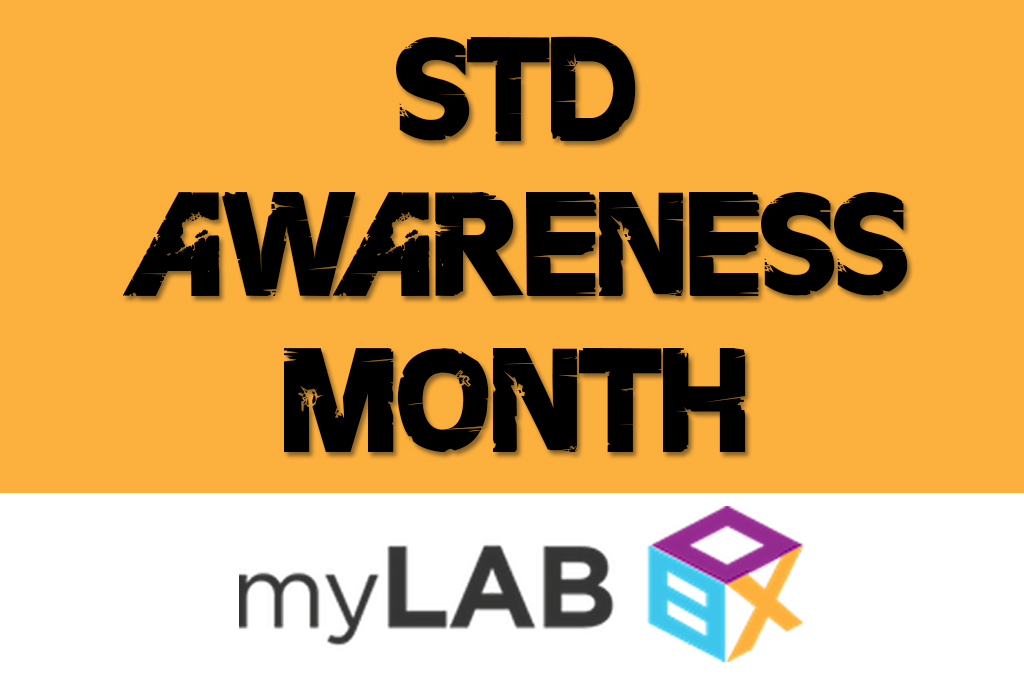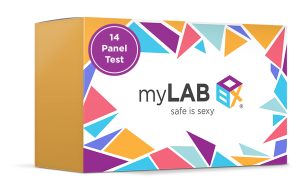April is STD Awareness Month

April is STD Awareness Month, and now more than ever, STDs are preventable. There are steps each of us can take to minimize the long-term consequences of these infections, but vigilance is key. Recent CDC data for three nationally-reported STDs—chlamydia, gonorrhea, and syphilis—show alarming numbers, with cases of all three diseases increasing for the first time since 2006.
Young people ages 15–24, and gay, bisexual, and other men who have sex with men continue to be at greatest risk for infection. Environmental, social, and cultural factors, including high numbers of STD cases in these populations and difficulty accessing quality health care, contribute to the higher STD burden.
All STDs can be managed, but they can’t be managed until they are detected. And the first step to detection is regular testing. That is why during STD Awareness Month, we’re asking our readers to spread the word. Please share this message with your friends and family.
Beyond getting tested, the most important way to combat STDs is knowledge. Unfortunately, a lot of misinformation has gotten in the way of protecting our health. And if there’s one thing for certain, it’s that you can’t rely on gossip and hearsay when your life is on the line.

Some of these STD myths include:
- You only have to get tested once: The truth is, you expose yourself to STDs every time you engage in sex. STIs can take up to 3 months to be detected, and STDs affecting your throat or anus may not be detected by a genital test. In fact, a 2015 Johns Hopkins study of extragenital testing showed a shockingly large amount of undiagnosed cases of gonorrhea and chlamydia. These would have gone undetected if not for the extra screenings.
- An STD is the “Scarlet Letter” of Dating: The truth is, 50% of the people in our country alone will contract an STI in their lifetime. STDs are a fact of life, and the only recourse is to prioritize your health and get tested.
- You only have to get tested if you sleep around: When it comes to STDs, you have to be concerned with more than sexual intercourse. Oral sex, or even kissing can expose you to an infection. And although condoms decrease the risk of infection, they aren’t 100% effective and don’t protect you outside of intercourse.
- Online Dating is the best way to avoid STDs: In fact, according to a recent research study, the chances of infection via an online date are three times as likely. And nowadays 42% of Americans date online, so the chances that you’ll date someone who is also giving Tinder or OKCupid a try is quite possible.
- You just had to listen to your doctor: General practitioners are not STD specialists, and may not test you for all infections unless you specifically ask, or have symptoms. In fact, as many as 80% of infections may not show symptoms at all, so you need to make regular testing a personal concern.
Where Can You Get Tested for STDs?
Thankfully, there are more quick and efficient options for getting tested than ever before. At-Home Testing Kits offer the security of a testing center, while completely protecting your privacy. If you would like to get tested in private for STIs such as Chlamydia, Gonorrhea, or HIV, testing kits such as myLAB Box offer a reliable testing experience.

myLAB Box offers at-home STD test packages for every lifestyle, discreet packaging and free shipping, easy five-minute tests, lab-certified results, and free physician treatment consultations for those with positive results. And unlike other at-home testing solutions, my LAB Box allows for extragenital testing (screening of the rectum and throat in addition to genital-only examination).
That last bit is critical. It’s an area where myLAB Box is ahead of many traditional testing clinics. Typical STD exams from a clinic will only check the genital area, but ignoring rectal and oral screening leaves a major portion of the population untested. Current public health guidelines dictate that doctors only recommend screening for the so-called “at-risk” population (gay men and HIV-positive individuals). And even then, the additional testing is only offered upon admission of personal details or request.
Testing Tips
To stay healthy, be sure to remember:
- Get tested regularly! Always keep in mind that STIs can take up to 3 months to be detected.
- Get tested for all STIs! Not just HIV.
- Get extragenital testing! STDs affecting your throat or anus may not be detected by a genital test.
- Throughout STD Awareness Month, spread the word! Share these tips and help your loved ones realize how important testing is to their overall sexual health.
Popular Tests

Total Box
14 Panel STD Test
In Stock – Free Shipping
$369 – $399
